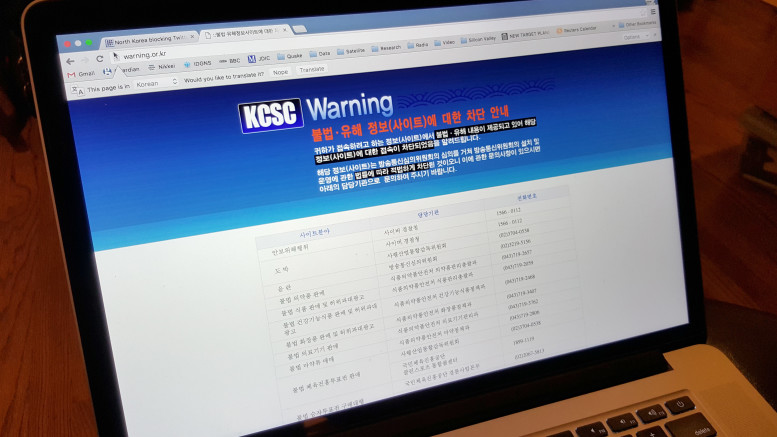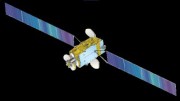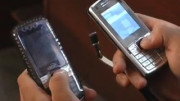The governments of North and South Korea both moved this week to tighten control on access to information via the Internet.
North Korea began blocking Twitter, Facebook, YouTube and other news sites, while South Korea started blocking North Korea Tech. Both countries have a history of Internet censorship.
The North Korean block was reported by The Associated Press, whose Pyongyang bureau chief said a notice had been posted in the local office of mobile carrier Koryolink advising of the new restriction.
A photo accompanying the story showed the note, which reads:
Regarding with the Internet service in the DPR of Korea, Ministry of Posts and Telecommunications of the DPR of Korea gives notice as follows:
All users of the DPR of Korea Internet system cannot access the anti-republic false propaganda websites, Sex and Adult websites.
For example, access to South Korean Websites including South Korean Newspaper websites such as “chosun.com,” “donga.com,” “kbs.co.kr,” anti republic false propaganda websites such as “rfa.org,” “voanews.com,” adult websites, gambling websites and websites being used for distribution of malware is blocked.
In addition, access to Social Network Service such as Youtube, Facebook, Twitter is blocked for a certain period of time.
In case of any access to the blocked websites or to the SNS which is blocked for a certain time by improper way and distribute the anti-republic data, use illegal software or attempt hacking activities and cause international disputes, the person will be abided by the law of the DPR of Korea.
Twitter and Facebook had been available on and off for some time, but have always been accessible via VPN (virtual private network) service. This appears to be the first time that Internet users have been put on notice that the sites are officially blocked and attempts to get around the blocks could get them in trouble.
It’s a rare admission of state censorship by the North Korean government, which officially recognizes freedom of speech and of the press in its constitution, but doesn’t practice it.
Few citizens will be affected by the block because the Internet is off limits to almost everyone in the country. A few top officials enjoy access, but they don’t make a habit of tweeting and maintaining Facebook pages. The biggest group affected by the ban are resident and visiting foreigners, who are allowed relatively free access.
South Korea’s blocking of this web site was first reported mid-week and confirmed by users across South Korea. Attempts to access North Korea Tech get redirected to a page advising users that the site has been banned.
Ironically, North Korea Tech was available to Internet users in Pyongyang on Friday evening.
Following the block, North Korea Tech will work with the Korea Internet Transparency Report to lodge an objection with the Korea Communications Standards Commission asking that the blocking be justified or reconsidered.
With the block, this site joins a list of tens of thousands of sites deemed too dangerous for South Koreans to access. The other sites largely consist porn and gambling websites and those that praise North Korea.
South Korea was ranked as “partially free” in the latest Freedom House rating of global Internet censorship.





